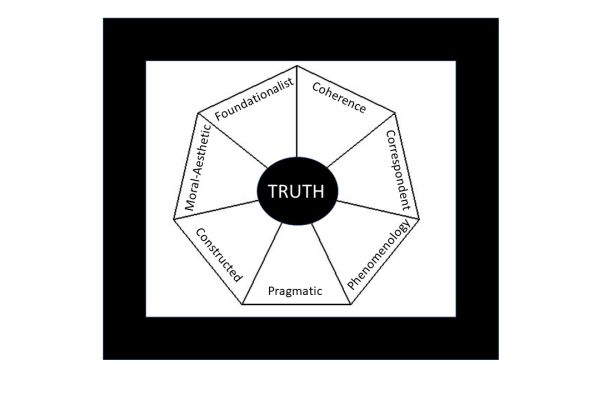Rejecting Moral Relativism
There is such a thing as moral truth.
Posted January 23, 2012 Reviewed by Ekua Hagan
"Isn't all morality relative?"
I often get this question from students, as there seems to be a fairly pervasive acceptance of moral relativism in much of our culture these days. However, the answer to this question is pretty clearly "no."
There are a variety of philosophical arguments against moral relativism. Some of them are reasons for accepting moral realism, which is the view that there are some objective moral truths. Other arguments against relativism point out some of the problematic implications it has, as well as the flaws in arguments that have been offered in favor of relativism.
First, consider that one powerful argument in favor of moral realism involves pointing out certain objective moral truths. For example, "Cruelty for its own sake is wrong," "Torturing people for fun is wrong (as is rape, genocide, and racism)," "Compassion is a virtue," and "Parents ought to care for their children." A bit of thought here, and one can produce quite a list. If you are really a moral relativist, then you have to reject all of the above claims. And this an undesirable position to occupy, both philosophically and personally.
Second, consider a flaw in one of the arguments given on behalf of moral relativism. Some argue that given the extent of disagreement about moral issues, it follows that there are no objective moral truths. But this is what a basic logic text refers to as a non-sequitur. The conclusion does not follow from the premise.
To see why, consider a different argument of the very same logical form. There is extensive disagreement about the existence and nature of God, therefore it follows that there is no truth of the matter about God's existence and nature. But there is a truth of the matter. There either is a God or not, and if there is, then that God is perhaps the Judeo-Christian God, or the Muslim God, or perhaps satisfies a conception of God we are as yet unaware of. There is a fact of the matter, even if we don't know what it is, or fail to agree about it. Similarly for morality, or any other subject. Mere disagreement, however widespread, does not entail that there is no truth about that subject. It might be difficult to ascertain, and we may never reach full agreement, but that is different than the claim that there is no such truth to pursue.
Moreover, there is in fact less moral disagreement than we might think, as contemporary philosophers such as James Rachels have pointed out. For example, when anthropologists discovered the Eskimo practice of leaving infants out to die of exposure, it appeared that there was a significant disagreement between their system of morality and ours. And yet upon further analysis, this is not the case.
Given the life circumstances, hardships, and limited available resources for survival, keeping every infant can put the family's survival at risk. So there is a fundamental moral value, namely, that of preserving human life, that is at work here which we share with the Eskimos. What is different is that they are forced into making choices based on that value that most of us fortunately never have to face.
There are some moral values that societies share because they are necessary for any society to continue to exist. We need to value human life and truth-telling, for example. Without these values, without prohibitions on murder and lying, a given society will ultimately crumble.
I would add that there is another reason why we often get the impression that there is more moral disagreement than is in fact the case. The attention of the media is directed at the controversial moral issues, rather than those that are more settled. Debates about abortion, same-sex marriage, and the like get airtime, but there is no reason to have a debate about whether or not parents should care for the basic needs of their children, whether it is right for pharmacists to dilute medications in order to make more profit, or whether courage is a virtue.
In conclusion, while moral relativism is in many ways a widely held view, when we go beneath the surface we can see that there are insurmountable philosophical problems for the view. Given this, and given the problems of applying the view to daily life, we should reject it.























